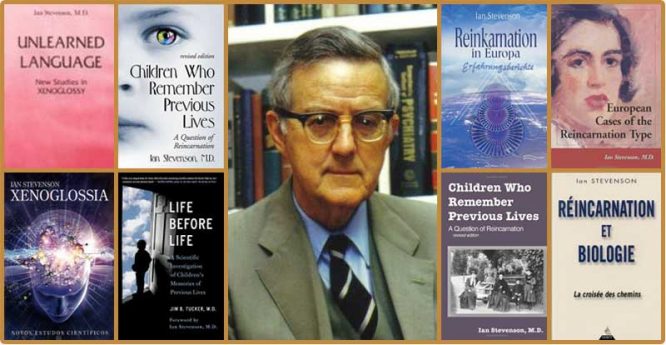A boy over 2 years old in Sri Lanka confessed to being his deceased uncle reincarnated. Because he killed his newly married wife in his previous life, he must have some deformity in this life. The incident shocked the whole family.
In my previous life my uncle passed away
Mr. Tileratne’s family lives in the village of Uggalkaltota, in the province of Sabaragamuwa, Sri Lanka. He had a deceased younger brother, Ratran Hami. Shortly before his execution, Ratran told his brother that he “will be back”.
Nineteen years later, in 1947, Tileratne’s wife gave birth to a son whose right arm was shorter than the left, his right fingers were short, coarse, and welded, and his right rib cage was deformed.
The boy was called Wijeratne. When he was two and a half years old, he started circling in front of and behind the house. As he walked, he mumbled to himself, saying he was disabled because of his revenge for killing his newly married wife in his previous life.
Shocked by what she heard from her 2 year old son, Wijeratne’s mother asked her to repeat what she had just said. And the boy reiterated that he stabbed a woman to death with his right hand and that his biological father is now his brother when he was alive in his previous life.
When his wife told Mr. Tileratne what he had heard, he was stunned. In fact, it’s a family-kept secret, how could her son, just a few years old, know?
It was only then that Mr. Tileratne revealed the family secret to his wife: it was in 1928 that his younger brother suspected that his young wife Podi Menike had been unfaithful, had murdered her and had been sentenced to death.
Regret because the karma is too heavy
Wijeratne’s parents are both Buddhists. Despite his father’s disapproval, Wijeratne still spoke of his past life with sadness. His mother shared, Wijeratne’s flashbacks are fragmented pieces, relating to the details of the murder, the circumstances in which his uncle was arrested and executed.
Once a relative came to Hami’s house and the boy realized that the belt they were wearing belonged to his late uncle, who had left it with his aunt. This has been confirmed. At the same time, the boy’s skin color and appearance are also very similar to his uncle.
At the age of 5, the boy stopped muttering to himself, only when someone asked him to talk about the past. Although he knew the deformity of the arms and chest was due to a causal link, in an initial interview with Mr Stevenson the boy replied that if he was faced with a similar situation in this life he would continue to do so. However, he later regretted it, saying that the karma was too heavy, that killing people was not really worth it.
Mental pain is also a kind of karma
The famous reincarnation specialist Ian Stevenson has studied this case. Later, the story of the boy Wijeratne was compiled by German reincarnation specialist and psychotherapist Trutz Hardo in the book Children Who Have Lived Before: Reincarnation Today. )

Wijeratne also finished school like the other children, but in 1969, at the age of 22, he was diagnosed with pubertal schizophrenia and was cured a few years later. However, those who doubt the veracity of this case suggest that the boy’s flashbacks to his past life were imaginary, possibly suggested by his father.
Stevenson offers another point of view: the boy’s psychological anomaly is related to the difficulties he has in interacting with girls, as it brings back memories of his past life: he killed his wife.
Some researchers have also questioned that the knife that killed him that year was actually on Menike’s left chest, not his right. Stevenson said that in life sometimes people often do not distinguish left and right, the left breast with the opposite person is the right side.
People in Southeast Asia believe in Buddhism, in the concept of “karmic retribution”, in addition to the physical changes in this life, mental abnormalities and pain are also a type of karma.
As a result, pro-Stevenson researchers believe the boy’s psychosis is due to tormenting memories of his past life. Wijeratne’s story can’t help but make people sad, but it also leaves a deep reminder for posterity.


